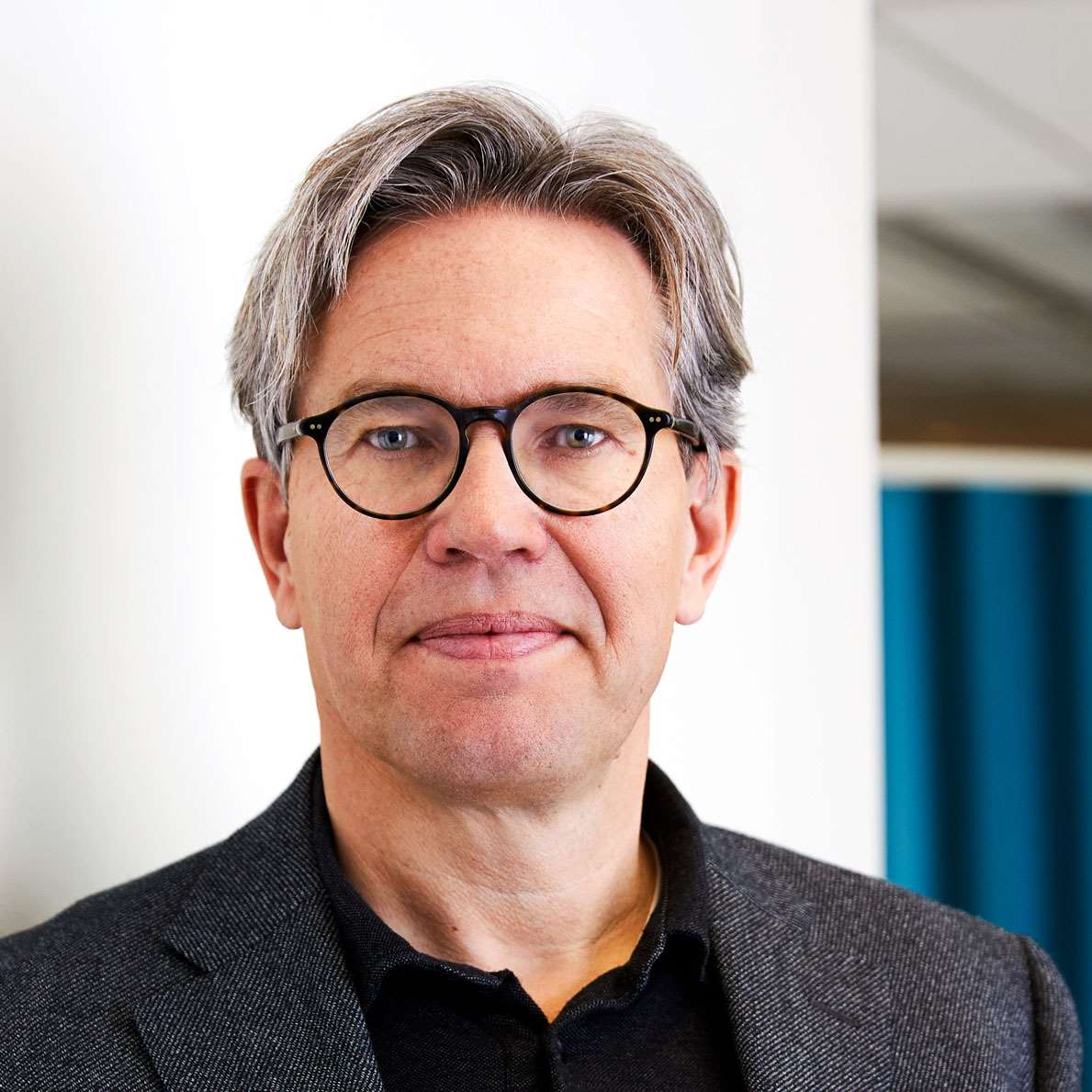Everything for a healthy environment
Sustainability and circularity are playing an increasingly large role in our entire organisation. From a growing awareness among our staff to robust ambitions and measurable results. We are constantly on the look-out for opportunities to be more efficient, use less energy and consume fewer raw materials. Here you can read about which steps we took in 2021 and how they are contributing towards our ambitions.
AMBITION AND KEY AREAS
From modems to data centres – all of our products and services have an impact on the environment. We emit CO2, consume natural resources and produce waste. We are unable to prevent that. However, we are determined to reduce our impact on the environment further each year. Our overarching ambition is to halve our CO2 footprint by 2025 compared to 2018, and to save 287 TJ of energy between 2021 and 2024.
Just like our parent companies, Vodafone Group and Liberty Global, we have committed ourselves to the Science Based Target initiative (SBTi). This means that our sustainability goals have been tested against the Paris Climate Agreement by an independent party. As a follow-up step, we have set ourselves the target of reducing emissions within the entire chain and offsetting the reminder to zero. We are expecting to announce this ‘net zero’ ambition in mid-2022. Last year, we directly linked our financing strategy to our climate ambitions with the issue of sustainable bond loans. See also the paragraph about our financial performance.
We are making an impact on our environmental performance in three key areas: our own operation, our customers and our employees. Find out what we are doing in those areas in order to turn our robust ambitions into reality.
OUR AMBITIONS AND OBJECTIVES
This is how we are reducing our impact on our climate:
We are saving energy. Our aim is to save at least 287 TJ of energy between 2021 and 2024.
We are limiting our CO2 emissions. Our overarching ambition is that by 2025, we will have halved our CO2 footprint compared to 2018.
We use 100% sustainable wind energy from the EU.
We compensate the CO2 emissions that we are unable to prevent.
This is how we are saving energy and limiting our CO2 emissions:
We are offering more and more online connections of an increasingly high quality, which enable faultless virtual communication. In this way, we want to reduce the CO2 emissions from work-related traffic throughout the Netherlands.
Our new media boxes are becoming smaller, more sustainable and more energy-efficient thanks to the use of the latest technologies.
By 2025, we want to have a completely fossil fuel free fleet for our colleagues. They already travel as much as possible by public transport.
Technicians drive the shortest possible routes in environmentally-friendly vans. There are also an increasing number of technicians who use bicycles.
We are reducing our energy consumption in our offices and shops as much as possible. We are also reducing the number of office locations, among other ways by making flexible working very accessible and by merging the Vodafone and Ziggo sales channels.
We are innovating our network with low-energy and efficient solutions.
This is how we are building a circular economy:
We reuse and recycle 100% of our network equipment.
80% of the equipment we lend out is returned by our customers. We reuse that equipment as much as possible.
We recycle outdated or broken equipment, such as laptops, smartphones and batteries and customers’ broken telephones.
We are constantly reducing the amount of packaging materials we use, among other ways by packaging our products smarter (less empty space). As a result of this, the carrier needs to drive less.
We send communications to our customers and suppliers electronically, instead of on paper.
We make use of more sustainable alternatives in our logistical processes.
In order to make a difference to our society, we are continuing to develop our People Planet Progress strategy. One of the ways we are doing this is by replacing plastic packaging with cardboard and by imparting digital skills to young people and senior citizens.
Marcel de Groot
Executive Director Business-to-Consumer
